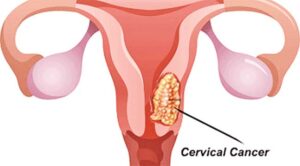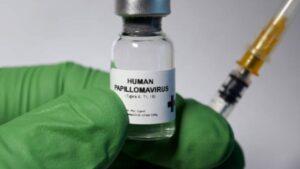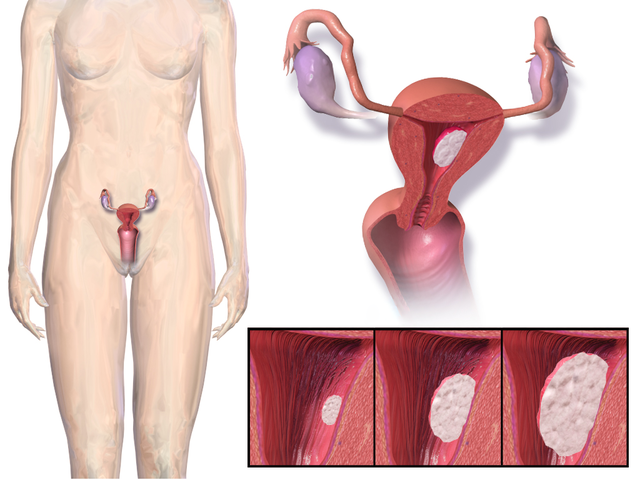News Desk, Kolkata : Over the past few years, the incidence of cancer has been on the rise, paralleling the ubiquitous presence of diabetes. Medical experts warn that just as diabetes has permeated households, a similar trend may unfold with cancer, necessitating proactive detection efforts by specialists. Among women, there is a significant surge in specific cancers, notably breast cancer, cervical cancer, and ovarian cancer. Addressing this, genetics play a role, but lifestyle choices intertwine significantly.

According to the World Health Organization (WHO), cervical cancer stands as one of the leading causes of mortality among women. The shocking news of Bollywood actress Poonam Pandey succumbing to cervical cancer at the age of 32 last Friday has sparked widespread awareness about this silent killer.
January marks Cervical Cancer Awareness Month, with initiatives aimed at disseminating knowledge about the preventable nature of this cancer. Complete recovery is possible if detected in time, but women often contribute to their own demise due to lack of awareness. Neglecting symptoms and an excessive tendency towards procrastination are common themes leading to fatalities.

Dr. Shankar Nath, a consultant oncologist, sheds light on cervical cancer and its vaccine:
1. Why is the HPV vaccine crucial?
Eradicating the virus’s presence or preventing its virulence is essential. Establishing an environment in which the virus cannot sustain itself is pivotal. This is what is termed as ‘prevention of disease.’ Vaccination is the key to curbing the progression of the disease.
Human Papillomavirus (HPV) is the culprit behind cervical cancer. Since we understand the cause of this disease, it is imperative to take preventive measures from the beginning.
2. At what age is it most beneficial to get the vaccine?
The vaccine is most beneficial before engaging in sexual activity. It is administered between the ages of 9 to 26, with the ideal age being 11-12. The standard protocol involves two doses within 6 months to 1 year. If the age exceeds, a third dose may be necessary. Special considerations may allow vaccination between 26-45, based on individual health assessments.
3. Does getting the vaccine guarantee immunity from cervical cancer?
No, getting the vaccine does not guarantee immunity to cervical cancer. However, it significantly reduces the chances of contracting the disease. HPV is highly transmissible through unprotected sexual intercourse, and the vaccine serves as a preventive measure rather than a definitive shield.
4. How can one recognize potential symptoms?
Pay attention to increased white or watery discharge, pelvic pain after intercourse, post-coital bleeding, and irregular menstrual cycles. These symptoms may signal the presence of cervical abnormalities and should not be ignored.
5. Who is more susceptible to cervical cancer?
The lifestyle plays a significant role in susceptibility. Those with multiple sexual partners, frequent unprotected intercourse, lack of personal hygiene, and inadequate menstrual hygiene are at a higher risk. A proactive approach to maintaining a healthy lifestyle, including regular bathing, clean attire, and a balanced diet, can mitigate these risks.
Taking care of oneself involves adopting a holistic approach to life. A combination of a healthy lifestyle, cleanliness, and regular medical check-ups can contribute to a reduced risk of cervical cancer. Empowering women with knowledge about their bodies and the importance of timely medical interventions can make a significant impact in the fight against this prevalent and potentially fatal disease.
To keep yourself safe, consider the following:
* Maintain a healthy lifestyle.
* Ensure cleanliness and hygiene.
* Use sanitary napkins during menstruation and change them regularly.
* Take regular showers and wear clean clothes.
* Follow a balanced diet.
* Avoid changing sexual partners frequently. Use condoms during sexual activity and steer clear of oral sex.
DISCLAIMER
Our news media denounces any form of bias and disapproves of sensationalism. The disseminated news is entirely educational and aimed at social awareness. Our media maintains absolute impartiality, adhering solely to the purpose of education and social consciousness.


